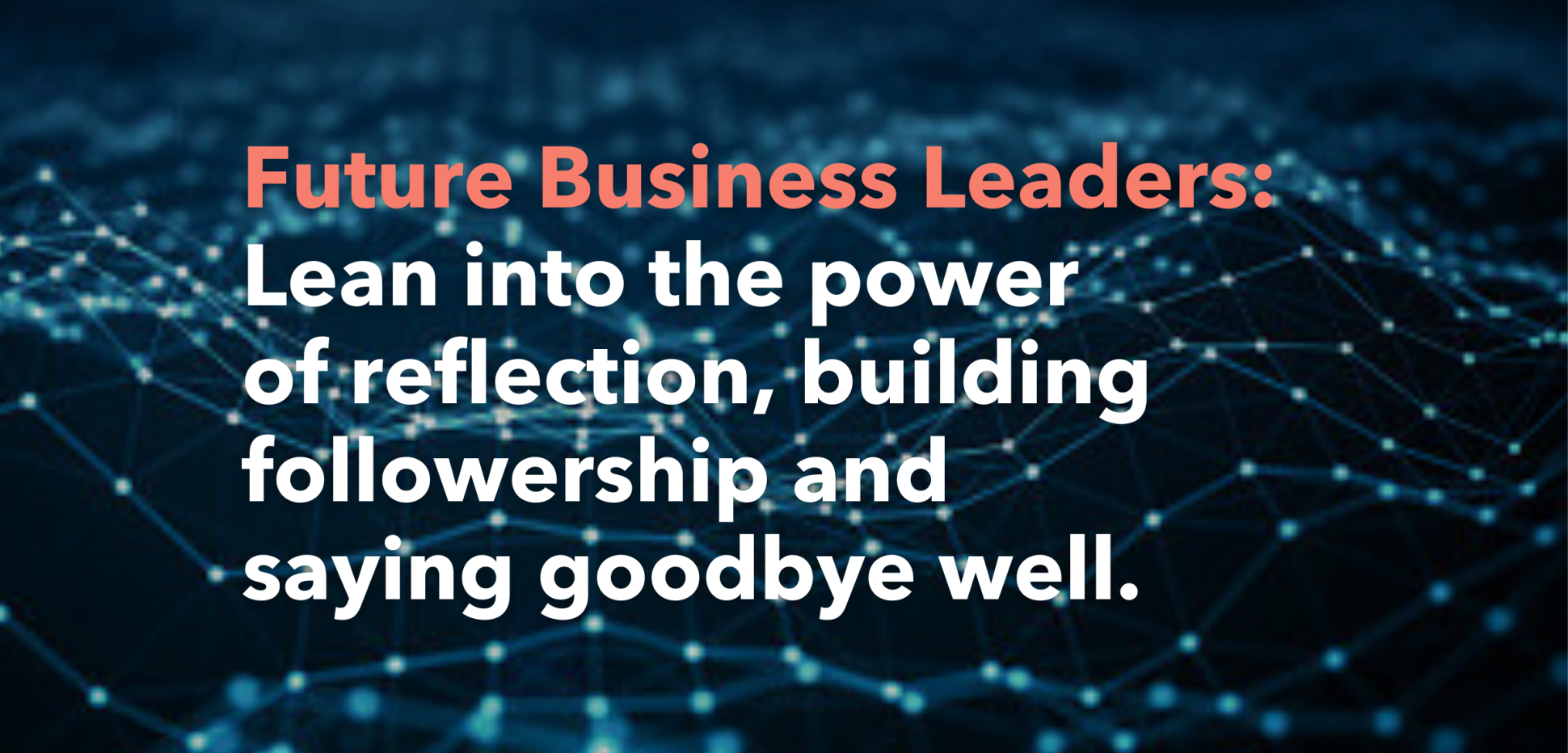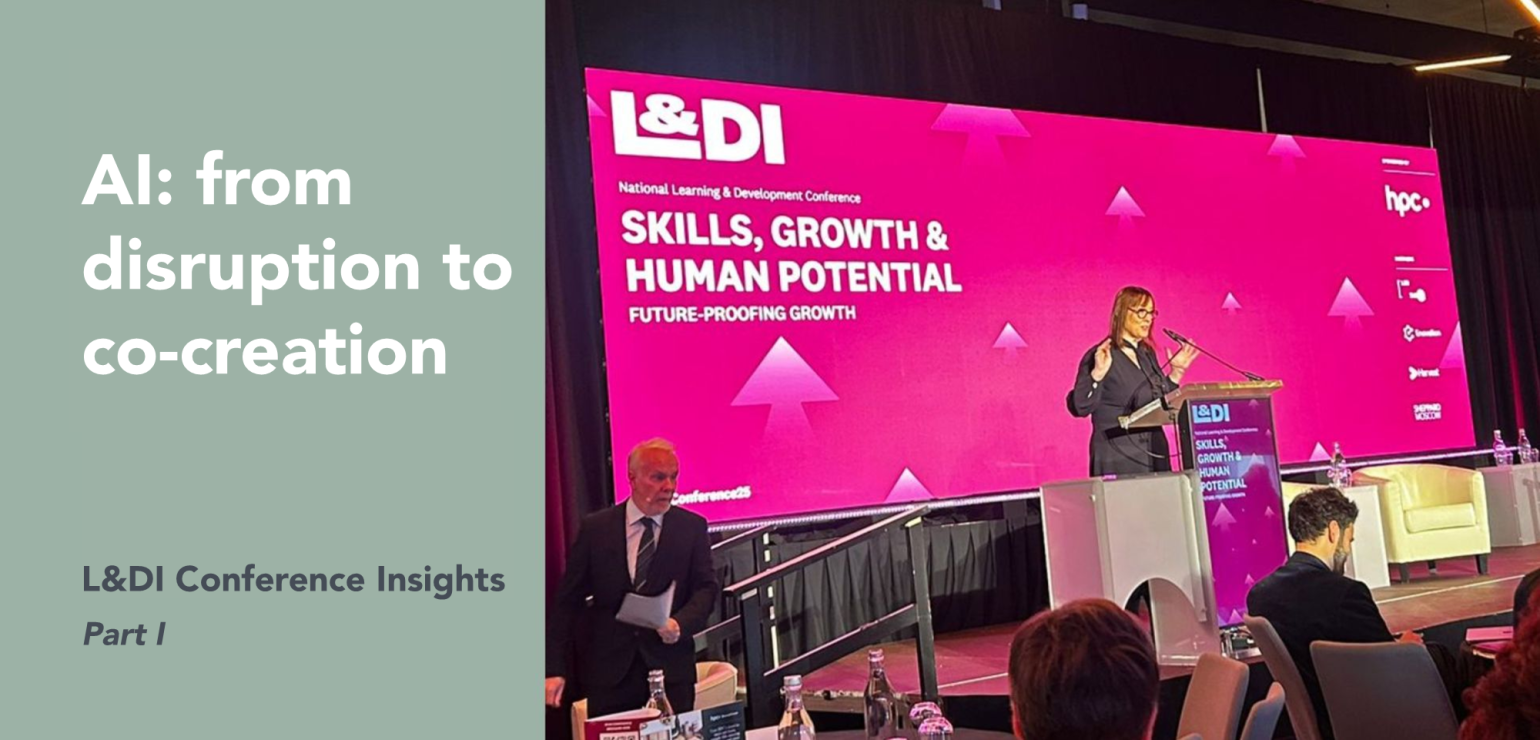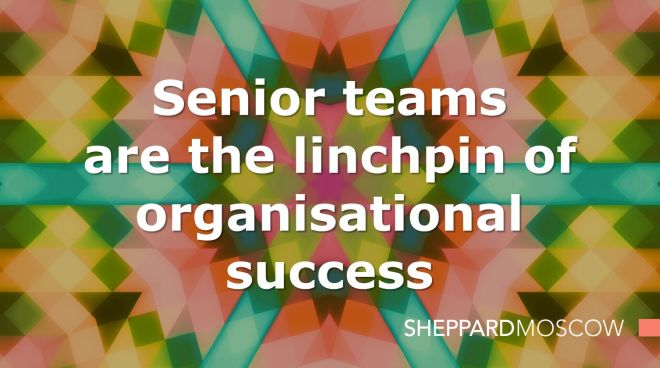Constants in Leadership

I’m going to begin at the end. Recently, I chaired the fireside chat at the closing event of our Future Business Leaders programme with the Bank of Ireland. Listening to the stories and learnings our leaders shared, enjoying their camaraderie and collegiality, I was struck by three truths that remain constant in leadership: the generative power of reflection, leadership as a contact sport, and how you say ‘goodbye’ shapes your next ‘hello’.
The Future Business Leaders (FBL) programme was designed to develop 60 high potential leaders by fostering the capabilities and tools to turn strategy into reality. Across three workshops, individual coaching, and Peer Group Learning clinics we enabled them to lead through complexity, to leverage leadership and their teams, and to develop their own authentic leadership style. The scope of the weeks and months of learning, the strong relationships that were forged and the transition we could see in the leaders hit home at the closing event. And as I reflected at this juncture in the leaders’ journey, three constants in leadership development hit home for me.
1. How critical reflection is for our leadership learning journeys - both self-reflection and collective sense making
Reflection is not a backward facing practice, it is a generative practice enabling leaders to stay the strategic course and experiment and innovate to find solutions to complex problems. Powerful individual coaching and Peer Group Learning (PGL) are key mechanisms for reflection across the programme.
The coaching is participant driven, helping them face into their biggest challenges and curiosities and find solutions using the tools and frameworks introduced in the workshops. The PGLs are a clinic environment for group reflection and consideration, where leaders bring their challenges to the group and work through them via the support and experiences of their peers. This shared moment of reflection often unearths the commonality of challenges amongst leaders and facilitates learning at an organisational level.
As the adage goes: “If I do what I’ve always done, I’ll get what I’ve always gotten.”
In working with high potential leaders, we aim to develop their capability and capacity to step up into their future leadership roles. This means helping leaders transition from being task driven in an action-oriented environment, to effectively creating time and space to maintain a broader perspective, make connections and find holistic ways to tackle complex problems. We like to say we’re teaching them how to “slow down to speed up.”
2. Leadership is a contact sport - that's what enables followership
You can’t be a leader in isolation. Leadership implies followership, and to gain and earn followership a leader must interact with their peers, their seniors, and most importantly their teams. We help leaders to develop their relational skills, encouraging them to know their colleagues as people, to understand where they’re coming from and their motivations.
An effective leader is good at asking questions, at deep listening and building empathy (with no hidden agenda). This isn’t relationship building to ‘get something’, it’s about understanding the fundamental human dynamics of a team of collaborators as a sustainable foundation for effectively tackling challenges together. From this place of understanding, you can then find commonalities in your priorities and vision.
3. How you say 'goodbye' shapes your next 'hello'
Our fireside chat was at the closing ceremony of the FBL programme, so for myself and my colleagues Aoife and Catherine, it was a very literal ‘goodbye’ to the cohort. However, scratch the surface and woven into the ‘end’ is the implication of moving forward. In this case, we can read this idea of ‘au revoir’ as a way of stepping back and seeing patterns that stretch forward; this moment brings the space and infrastructure for a truly systemic view and understanding, through the exchange of insights and learning. And for our leaders, this is only one step in their leadership journey; at the event they were able to practice what they learned on the programme and step into new possibilities.
This closing event was a perfect microcosm of what we can take from a leadership programme like Future Business Leaders. It was a moment of reflection to harvest the learning and face into challenges with support; leaders threw themselves onto the ‘playing field’ being vulnerable whilst establishing relational equivalence with other leaders more senior than themselves. It's hard to translate the energy, the good craic, a hum of renewal and buzz of connection that permeated that room – but it certainly left all of the leaders at the closing event eager for the next ‘hello’.

 Roby Blass
Roby Blass 
 Aoife Keane
Aoife Keane 
